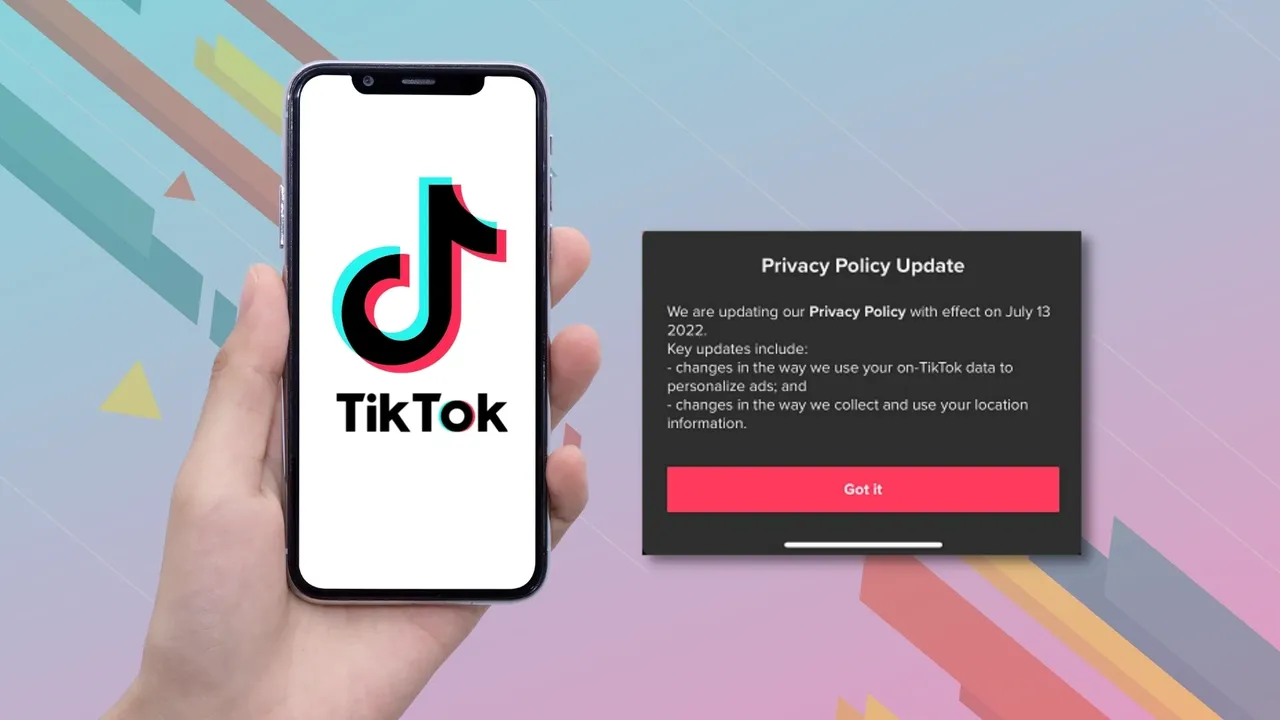Looks like TikTok is starting to feel the heat in other regions. Today, TikTok has confirmed that it has suspended a planned change to its privacy policy relating to the use of user insights for targeted advertising, amid question over whether change is actually legal under the EU’s latest provision of data control and protection.
Hold Up
Last month, TikTok began showing its European, UK, and Swiss users new in-app notifications informing them of an upcoming change to its data collection policies. Within these new pop-up alerts, TikTok explained that as of July 13, it would look to use ‘legitimate interests’ as a legal basis for ad personalization, instead of relying on its traditional model of first seeking explicit user consent to use personal data within its ad process.
The difference is quite a stark contrast – under EU law, this ‘legitimate interest’ provision falls under a separate category from personalized data tracking, effectively bypassing the need to ask users for explicit consent before their personal information is used. This would essentially allow TikTok to continue serving personalized ads without having to ask users for permission. This is what the EU’s ePrivacy Directive was designed to facilitate, giving people more control over how their data is used.
In a nutshell, ‘legitimate interest’ is similar to ‘fair use’, in that a company can argue that it’s within the interests of both parties that it uses such insights. Targeted advertising is not what this provision was designed to cover, but TikTok was hoping that it could use that loophole to really milk its ad performance.
In a statement on its decision to pause the update, pending an EU investigation, TikTok stated that:
“We believe that personalized advertising provides the best in-app experience for our community and brings us in line with industry practices, and we look forward to engaging with stakeholders and addressing their concerns.”
TikTok is well aware that this was not what the ‘legitimate interest’ provision was designed for and that it was only trying to slip by undetected. While it makes sense strategically, it’s not really a good way to grow closer with regulators now, is it? Amid the platform’s continuous rise, questions continue to swirl around the app’s safety and how it uses people’s data.
The Wrap
This latest development won’t help improve the relationship between the app and EU regulators. It might even spark a whole new wave of scrutiny on its other business practices and impacts, which could put TikTok in a bit of a pinch. While it seems unlikely that the app will be fully banned in the region, given its global status and relevance, it’s not impossible. What’s certain is that issues like this won’t help TikTok establish better working relations with the relevant authorities. If ByteDance doesn’t straighten up, their Starchild’s future might be put in jeopardy.
Subscribe to our ‘Bottoms Up!’ Newsletter. Get the latest social media blogs about news, updates, trends, and effective social media strategies to take your business to the highest level from Tristan Ahumada and Jeff Pfitzer.
Sources

